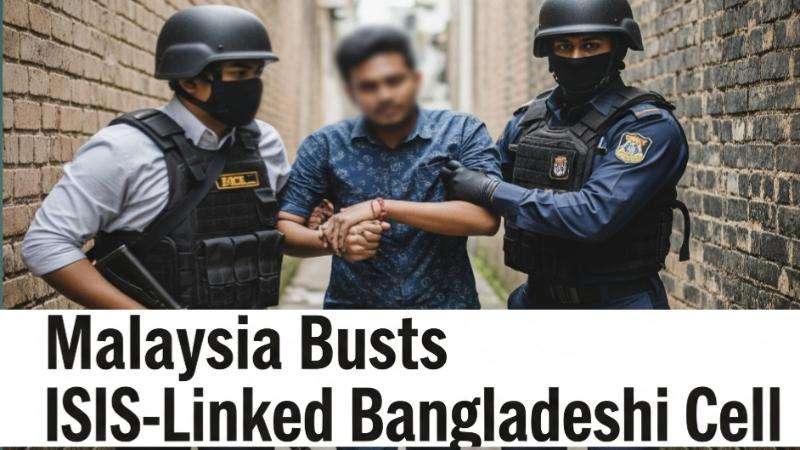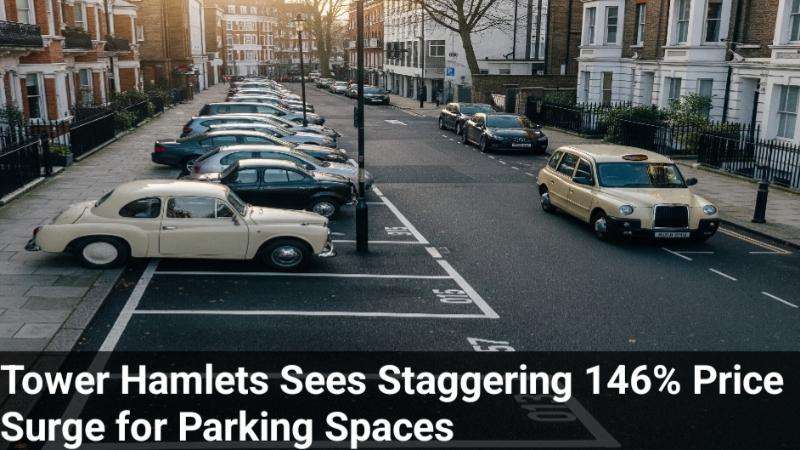Remittances sent by expatriates are now Bangladesh's main source of foreign exchange. According to BBC sources, the amount of remittances sent by expatriates to Bangladesh in 2022 is about 21 billion dollars. 4.6 percent of Bangladesh's total GDP comes from expatriate remittances. Almost everyone in Bangladesh will agree that Bangladesh has survived the global pandemic, the Ukraine-Russia war, and above all the economic recession, mainly due to the welfare of expatriates. They continue to work tirelessly for the development of the state with their hard-earned earnings without taking any facilities from the state; Keeping the wheels of macroeconomics moving. But the state rarely fulfills its responsibility towards these people who are the lifeblood of the economy.
In the war of independence, the expatriates' contribution to the formation of the expatriate government's fund, international support and public opinion formation, and later the country's economic foundation, those expatriates have been victims of deprivation and humiliation in the country.
To increase remittances and increase expatriate investment, all the governments have made cheeky promises to give voting rights to expatriates for the sake of necessity, but even today it has not seen the light of day. But about 120 countries of the world have arranged for their people to vote in diaspora. About 20 countries in Asia, including neighboring India, Pakistan,the Maldives and Bhutan, have made it possible for their expatriate citizens to vote.
Expatriates have been protesting at various times in the United States to demand the voting rights of expatriates.
More than 120 countries have arranged for their expatriates to vote. Among them, Asia has 20 countries. The legal framework was made in 2008 regarding the voting of expatriates. The Election Commission has no opportunity to stop at only one or two seminars on this issue.
A consul of the Ministry of Foreign Affairs said to the Daily Dazzling Dawn that the number of expatriates is now one and a half billion. They are making a special contribution to the country's economy.
Expatriates do not know about postal voting-
In the postal voting system, an expatriate can vote from any place of his choice. If you apply, the election commission will provide the ballot paper to that address in advance. After voting it is mailed to the country. This system has been in operation since 2008 for expatriates. Although people don't know about it and its application is not that much.
Among South Asian countries, Bhutan, India, Maldives have expatriate voting system. Proxy and postal voting are in place in the UK. They introduced this system 100 years ago. Expats have been able to vote in Australia since 1949.
An official of the Bangladesh High Commission in London told on condition of anonymity that there was an attack on the Bangladesh High Commission in London a few years ago. It would also be helpful to identify the attackers if the expatriates had national identity cards. He said, making arrangements for expatriate citizens to vote abroad, introducing voting rights system for expatriate Bangladeshi citizens through postal ballot according to the existing laws, conducting mass campaigns to increase awareness and encourage the exercise of voting rights.
Incidentally, after preparing voter list with pictures, ATM Shamsul Hudar Commission in 2008 and Kazi Rakibuddin Ahmad-led Commission in 2014 took two steps to give voting rights to expatriates.
The then two Election Commissioners Sohuhul Hossain and M. Sakhawat Hossain also visited the UK to check the feasibility.
Due to various complications, it cannot be done elsewhere. But once the process starts, all expatriates will be voted in stages." Following this, the Awami League government amended the voter list law in 2010. In 2010, the Voters' List Act was amended to say that if a Bangladeshi citizen lives abroad, the last constituency or constituency where he lived in the country, or where his own or ancestral homestead was or is; He shall be deemed to be a resident of that area. Later in 2014, Rakib Uddin Commission also took the initiative to vote expatriates. But it did not see the light of day.
UK correspondent of Daily Prothom Alo Saidul Islam told Daily Dazzling Dawn that he has been working on expatriate voting rights for a long time. He told the Bengali Tribune yesterday, "I have personally continued to communicate in writing with the Election Commission, the top leaders of various political parties in the country about the voting rights of expatriates. One Eleven's military-backed government attempted to enfranchise expatriates but could not do so due to the complexity of the law. Although the law was passed later, the last three election commissions did not take any effective initiative in this matter. No government wants to pay anything except taking remittances from expatriates. No government has taken any effective and practical initiative to enfranchise expatriate citizens.
Chahul Hossain said that the EC has already finalized the decision to include expatriates in the voter list, "This time, only UK expatriates have been included in the voter list. Due to various complications, it cannot be done elsewhere. But once the process starts, all expatriates will be voted in stages." Following this, the Awami League government amended the voter list law in 2010. In 2010, the Voters' List Act was amended to say that if a Bangladeshi citizen lives abroad, the last constituency or constituency where he lived in the country, or where his own or ancestral homestead was or is; He shall be deemed to be a resident of that area. Later in 2014, Rakib Uddin Commission also took the initiative to vote expatriates. But it did not see the light of day.
Journalist Saidul Islam. He has been working on expatriate voting rights for a long time. He told yesterday, "I have personally continued to communicate in writing with the Election Commission, the top leaders of various political parties in the country about the voting rights of expatriates. Eleven's military-backed government attempted to enfranchise expatriates but could not do so due to the complexity of the law. Although the law was passed later, the last three election commissions did not take any effective initiative in this matter. No government wants to pay anything except taking remittances from expatriates. No government has taken any effective and practical initiative to enfranchise expatriate citizens.







.svg)


